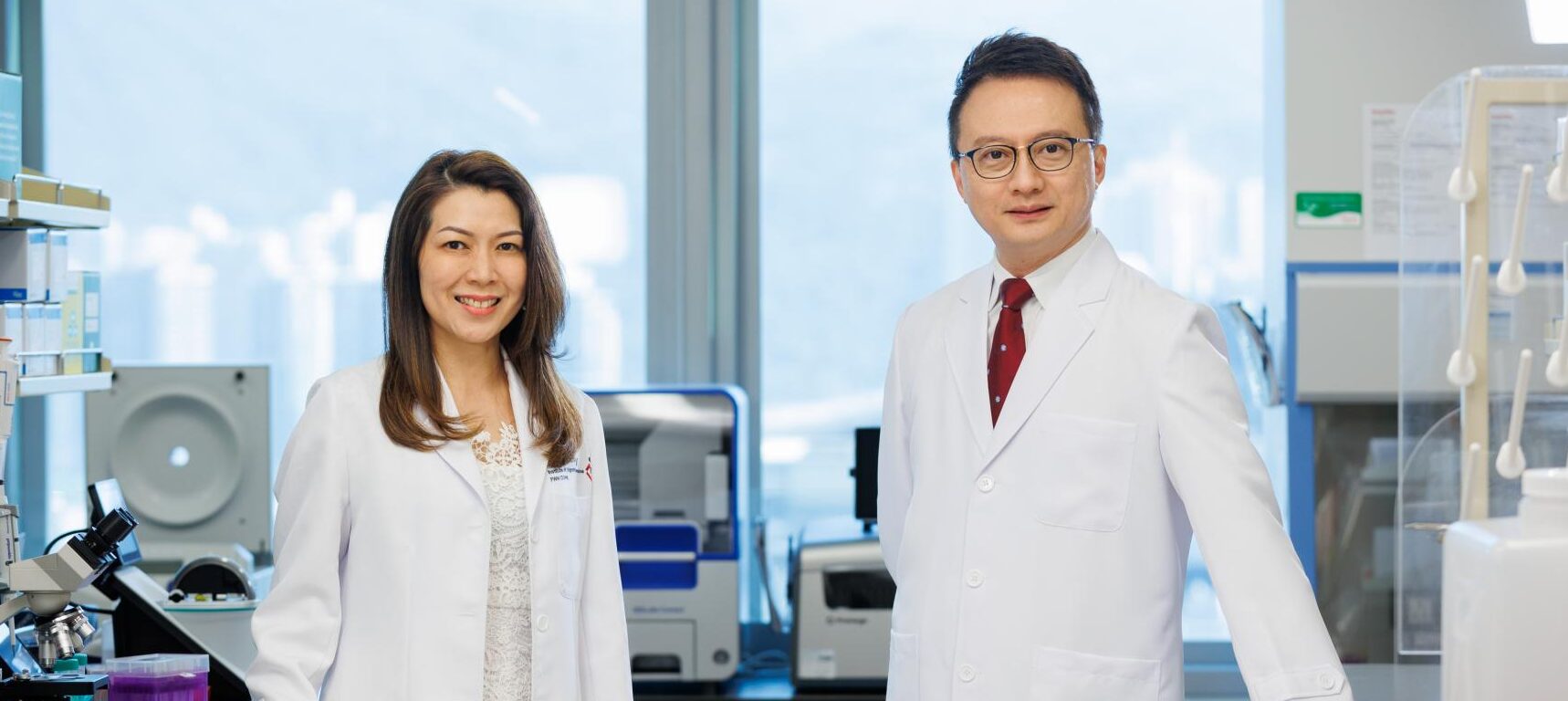With autism affecting an estimated one in 100 children globally, Hong Kong-based MicroSigX is poised to revolutionize early detection through a groundbreaking microbiome diagnostic tool. The company says this innovation secured the U.S. Food and Drug Administration’s (FDA) Breakthrough Device Designation last year, which will help accelerate the tool’s development and market entry.

According to a research paper submitted by the company’s founders to the scientific journal Nature Microbiology, its flagship product, MSX MetaGenie, offers a fast, accurate and affordable non-invasive stool test that achieves over 90% sensitivity in detecting autism spectrum disorder (ASD) in young children across diverse populations. This innovation could dramatically reduce the years-long waiting period families currently face for a diagnosis.
“For the first time, you can use a simple stool sample to help detect autism without multiple doctor visits over many years,” says Croucher Professor Siew Ng, who co-founded MicroSigX with Professor Francis Chan from the Chinese University of Hong Kong’s (CUHK) Faculty of Medicine.
In the rapidly evolving field of diagnostics, the founders raced against time to develop their proprietary technology using 31 novel microbial biomarkers and AI.
“It’s a first-in-class non-invasive diagnostic that can not only detect neurodevelopmental conditions but also potentially provide a solution by changing the microbiome,” Prof Ng says.
Anchored by Strategic Partnerships
Despite an explosion in recent scientific discoveries about the microbiome, most research remains academic. The two clinician-scientists are not only accomplished academics, but they have also demonstrated a track record of translating breakthrough science into real-world applications with significant societal impact.
MicroSigX’s strategy is driven by its M2M (Mind-to-Market) value creation platform, which seamlessly integrates medical discoveries from CUHK with applied microbiome research from the government-funded Microbiota I-Center (MagIC), and MicroSigX’s own commercial execution. The company says this will effectively compress the typical decade-long diagnostic development cycle to just five years.
M-Lab, the joint research facility of MicroSigX and MagIC, serves as an innovation engine to continuously produce new diagnostic technologies. The duo are also working on diagnostics for attention deficit hyperactive disorder (ADHD), colorectal cancer and inflammatory bowel disease.
“This kind of partnership is unique,” says Prof Chan, CUHK’s former dean of medicine.
“Many biotech firms work independently of academia. Likewise, a lot of university academics have no idea about the unmet needs of society. We bridge that gap,” he adds.
The company says it is currently advancing through clinical trials for China’s National Medical Products Administration (NMPA) approval, with plans to launch in Hong Kong by early 2026. Following MSX MetaGenie’s FDA Breakthrough Device Designation in February 2024, MicroSigX is pursuing a dual-track regulatory strategy for market entry.
Making a Mark on the Global Stage
This isn’t the founders’ first venture. They previously founded G-NiiB GenieBiome, which garnered international recognition with SIM01, a Lancet-published supplement developed to restore gut microbiome balance after acute Covid-19.
In just five years, G-NiiB GenieBiome expanded beyond Hong Kong to establish research and development and regional offices across mainland China, Southeast Asia and the U.K., while building international research partnerships in Australia and North America.
For the founders, their goals transcend beyond commercial success as they envision making the diagnostic accessible and affordable worldwide while establishing Hong Kong as a global biotech hub.
“MicroSigX will be a world-leading company in microbiome diagnostics. We are in a position to put Hong Kong on the world map and make it one of the leaders in the microbiome industry,” Prof Chan says.
![]()